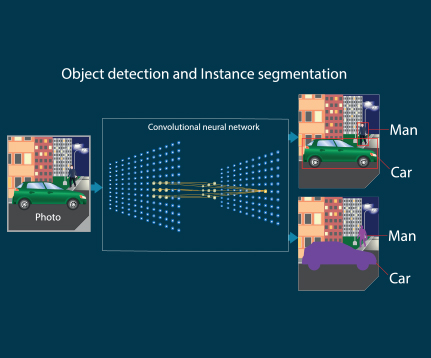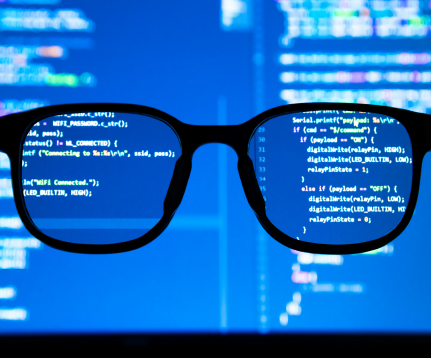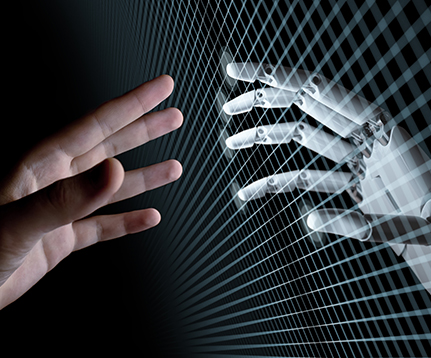

In this quickly advancing technology; organizations; local, regional or global should secure data of their customers, partners, employees, inside tasks and more.

The Knowledge Graph is a technology/knowledge base, launched by Google in 2012, which intelligently captures and displays appropriate information from different sources when you search for something

Deep Learning – which has emerged as an effective tool for analyzing big data – uses complex algorithms and artificial neural networks to train machines/computers so that they can learn from experience, classify and recognize data/images just like a human…

From Deepmind’s success with AlphaGo to breakthroughs in robotic arm manipulation and computers automatically playing Atari video games – the field of Reinforcement Learning (RL) has gained significant momentum over the last few years.

Machine Learning (ML) gives systems the ability to learn from previous experiences/interactions and improve upon them, without being programmed.

Deep Learning/Machine Learning technologies have gained traction over the last few years, with significant impacts being seen in real-world applications...

Managing and utilizing large amounts of data – both structured and unstructured – to make smart business decisions, is easier said than done. Organizations need to get the maximum value/returns from their data to make real-time decisions.

A smart robot is no longer science fiction. While traditionally a robot has been defined as any machine that can be programmed to perform a range of difficult or complex assignments/functions, smart robotics as a

Data visualization is the ability to create visuals that can interpret the information that is being generated from multiple sources and process it into what experts, data scientists, and analysts refer to as “actionable insights”. Some forms of data visualization…